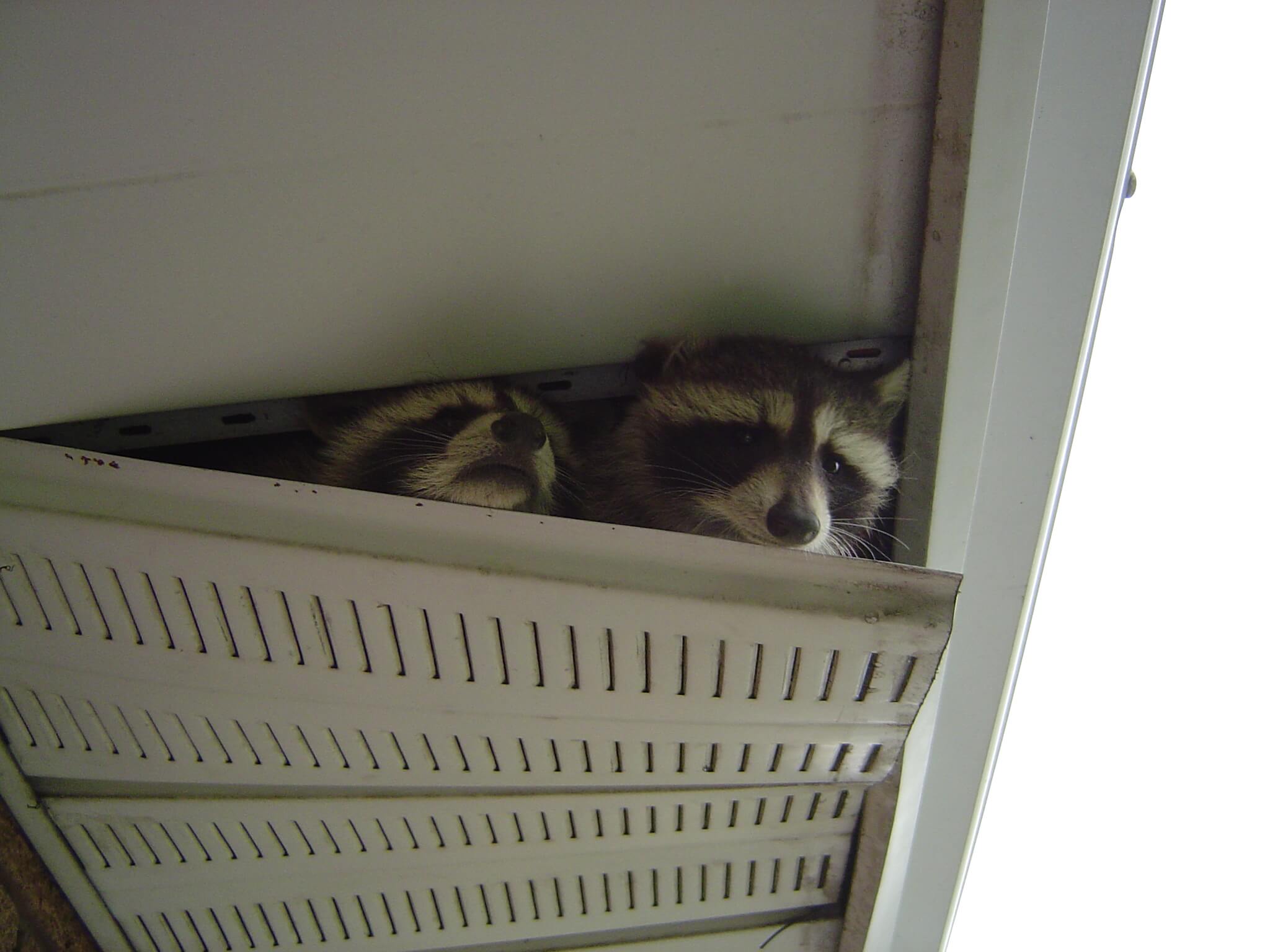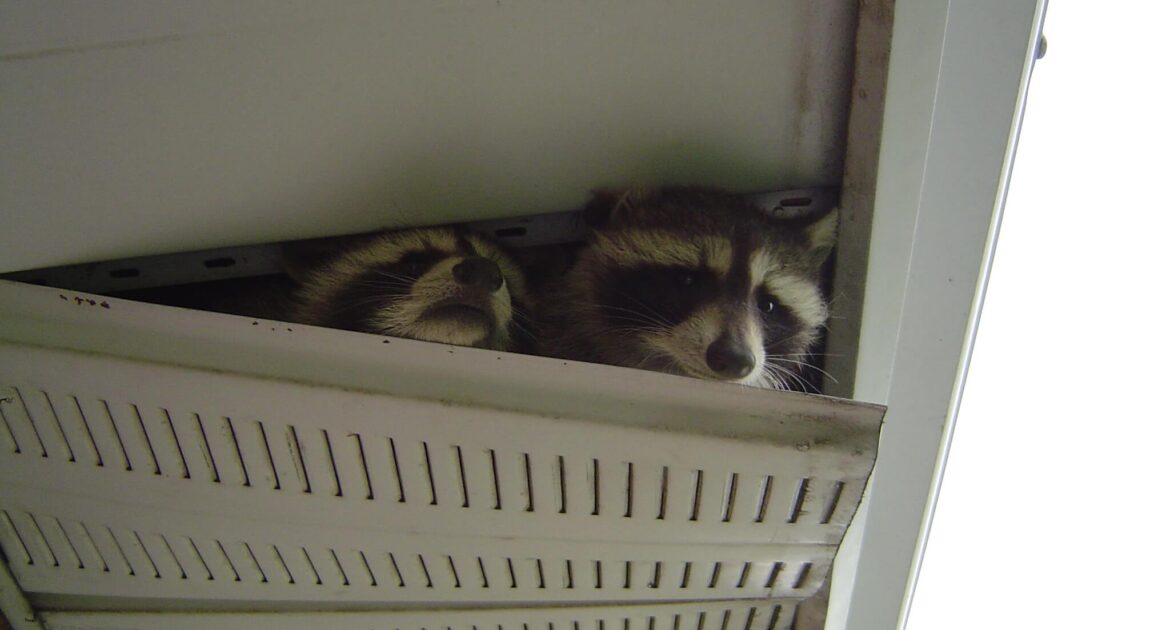Trash pandas, bandits, or ringtails, whatever you call them, raccoons are rascally pests with dexterous paws that let them do things that many animals can’t. Even though many places consider raccoons nuisances, they do play an important part in the ecosystem. Raccoons eat a variety of foods, from wasp larvae to small rodents, which helps keep the populations in check. They also eat fruits and vegetables and distribute those seeds throughout the community. Still, most people don’t want them living in their yard. They can be messy and destructive. For wildlife control in Waukesha, contact professionals with experience with wildlife to keep your family safe.
Why Do Raccoons Cause So Much Damage?
Raccoons are omnivores. Their diet varies based on availability. While their preference may be meat, clams, frogs, fish, snails, eggs, insects, or slugs, they also like fruits, nuts, and seeds. Raccoons are nocturnal animals, with a keen sense of hearing, a highly developed sense of touch, and an excellent sense of sight, even at night. They are quite strong, too. Their natural instinct is to be curious, which can turn destructive very quickly.
In urban areas, raccoons make dens in hollow trees, under patios, or even in attics, where they can shelter and find food. They’ve adapted to urban settings, but they have no boundaries when looking for food. They will get into your garage or trash cans, making a mess and causing damage to your home. Because raccoons carry rabies, fleas, distemper, and other bacteria, you should not attempt to remove raccoons from your home. Contact a professional for raccoon removal.
How Can You Raccoon-Proof Your Property?
The best way to keep raccoons from invading your home is prevention. If you are seeing signs of raccoons, such as trash strewn all over or raccoon droppings, you may need to have them professionally removed from your property as well as taking preventative measures.
Don’t Provide Food
Raccoons are wily animals. You may need to secure your trash can with bungee cords or by tying it to a stake to keep them from tipping it over. You may even need to place it in a more secure location in your garage or a shed. Don’t leave out pet food overnight. Pick up fruit from your trees. You don’t want to leave out bird food, either.
Eliminate Openings to Your Home
Raccoons will find any way into your home and garage. Walk around your home and look for small openings that they could pry open to get into a warm space. Put up metal mesh over openings where they could get in.
Natural Repellants
Natural repellants can often be just as effective without using chemicals to keep pests away. Motion lights or ultrasonic noisemakers often scare away raccoons. Some people even use cayenne pepper or mint-scented trash bags, because raccoons seem to avoid strong smells.
Raccoon Removal Best Left to the Professionals
Raccoons tend to give birth in the spring or early summer. Babies stay with their mother for about four months. If you see an adult raccoon, you should assume babies are close. Mother raccoons fiercely protect their young. You can’t just remove mom without taking her babies. A professional wildlife removal service can help you retake your property.
Our technicians know how to identify entry points into your home. We remove all adults and babies before clearing and cleaning up contaminated material in your home. Raccoon feces can contain roundworm, so this isn’t something you want to DIY. We help you secure your home against future intrusions to keep your family safe.
For raccoon removal, contact Skedaddle Humane Wildlife Control for your safety. Raccoons are pests, but they deserve a humane removal.




